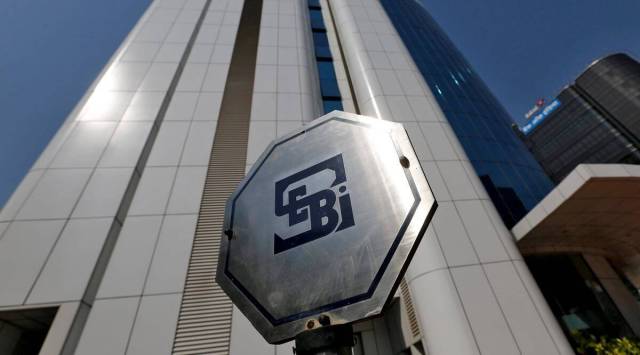SEBI Board meeting: Share buybacks via stock exchanges to be phased out
The markets regulator also took decision to strengthen the governance mechanisms in Market Infrastructure Institutions (MIIs)
 Sebi said that buybacks will be undertaken through a separate window on stock exchanges till the time they are permitted through the exchanges. (File photo)
Sebi said that buybacks will be undertaken through a separate window on stock exchanges till the time they are permitted through the exchanges. (File photo) The Securities and Exchange Board of India (Sebi) in its board meeting on Tuesday amended the share buyback regulations and announced to gradually phase out buyback through stock exchange route.
The markets regulator also took decision to strengthen the governance mechanisms in Market Infrastructure Institutions (MIIs)
“We feel that the tender route is the more equitable route for buybacks. The other routes are vulnerable to favoritism because nobody really knows that in the exchange mechanism when the company is going to come in order to buyback shares and only few people may be aware of it and benefits may flow to those few people… so it (buyback through exchange) is not an equitable mechanism.
“In that context, we are seeking to phase out the stock market for buyback but in the interim, since we do not want any knee-jerk reaction, we proposed there will be a minimum utilization of the amount and it has been increased from 50 per cent to 75 per cent, which means if you announced buyback, you must do at least 75 per cent,” Sebi chairperson Madhabi Puri Buch told reporters after the board meeting.
Sebi said a separate window will be created on stock exchanges for undertaking buyback till the time buyback through stock exchange is permitted.
For buyback through tender offer route, the markets regulator announced the reduction in timeline for completion of buyback by 18 days by removing the requirement of filing draft letter of offer with SEBI.
It was permitted upward revision of buy-back price until one working day prior to the record date.
There were few other proposals, which were recommended by the Keki Mistry-headed committee, but were not taken up at today’s meeting. On taxation of buybacks, Buch said the market regulator will engage with the Ministry of Finance.
Sebi announced that the functions of MIIs will be categorized into three verticals – critical operations; regulatory, compliance and risk management; and other functions, including business development.
It said MII will give higher priority to the resource allocation towards the functions under the first two verticals over resource allocation towards the third vertical.
MIIs will set up an investment committee as a new statutory committee which will be responsible for evaluating
expenditure, investments into other companies and CSR activities.
Sebi said a sharper code of conduct will be applicable to the MII, the governing board, directors, the key management personnel (KMPs) and committee members.
“Board members and KMPs will be held accountable if they are aware of wrongdoing(s) and do not appropriately report the same,” the regulator said.
It announced the introduction of a platform for risk reduction access to investors in case of disruption of trading service provided by a stock broker.
In the event of disruption of trading services provided by a broker, clients face significant risk if they are unable to square off their open positions or cancel orders pending at the stock exchange, particularly when the markets are volatile.
“To provide such clients a facility to reduce the risk of open positions / pending orders during periods of disruption in services of their broker, it has been decided that stock exchanges shall introduce an Investor Risk Reduction
Access Platform,” Sebi said, adding that the platform is likely to be available from the third quarter of FY 2023-24.
The markets regulator further announced an enhanced risk management framework for stock brokers designated as qualified stock brokers (QSBs).
QSBs are certain stock brokers in the market who handle a very large number of clients, large amounts of client funds and large trading volumes.
“Possible failure of such brokers has the potential to cause widespread impact on investors and reputational damage to the Indian securities market,” it said.
In order to further reduce the time taken for granting registration to foreign portfolio investors (FPIs), Sebi announced to streamline the on-boarding process.
Photos



- 01
- 02
- 03
- 04
- 05



























